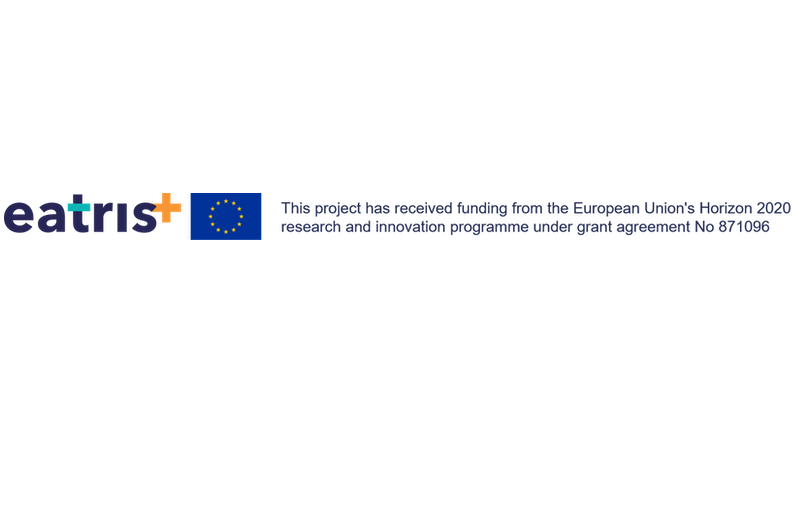For two weeks in June 2023, Postdoctoral Fellow Anuja Lipsa from the Luxembourg Institute of Health (LIH) participated in the EATRIS-Plus Staff Exchange Programme with her project titled “Establishment of an innovative organ-on-chip technology to conduct ex-vivo functional precision medicine assays for glioblastoma”. Anuja visited the Aragon Institute of Engineering Research (i3A) in Spain and was mentored by Dr. Ignacio Ochoa Garrido. Anuja expressed that this visit can pave the way for establishment of a long-term collaboration between two interdisciplinary research groups in Luxembourg and Spain.

What challenge did the visit address?
In my Postdoc project, I implement a multi-parametric approach integrating multi-layered omics profiling with functional drug response profiling by utilising an advanced ex-vivo preclinical drug-testing platform to guide personalised treatment options against Glioblastoma (GBM). Our lab has generated a reliable preclinical model utilising patient-derived samples and successfully conducted several low and medium-throughput drug screens. However, control over the microenvironment and the possibility to multiplex various readouts for drug response can be challenging using this model. The organ-on-chip design offers a stable platform for drug response evaluation by presenting itself as a dynamic system with better preservation of cell phenotype, enabling customised design, precise control over hydrodynamic parameters, real-time analysis, and microscopy compatibility. Currently, expertise in this advanced innovative GBM-on-chip technology is lacking in our institute and in Luxembourg in general. The aim of my visit to Spain was to get familiar with microfluidics technology and the development of tumour-on-chip devices for cell culture applications.
What specific activities did you undertake and what are the future applications?
I learnt the necessary protocol for integrating microfluidic devices for ex-vivo organoid formation and evaluation of drug response. I performed several assays using techniques such as 3D microchip-based cell culture, co-culture, viability assay and live cell imaging. I also participated in the development of GBM cell matrix using their microchip devices using GBM cell lines, a technique which we plan to implement in the NORLUX Neuro-Oncology laboratory at the Luxembourg Institute of Health using our GBM patient-derived 3D-organoids. I attended the I3A-XII Conference of Young Researchers organised by Aragon Institute of Engineering Research (I3A), where I could attend several poster and oral sessions. I also attended seminar presented by PhD students from the host lab on the customisation and application of organ-on-chip devices. Furthermore, I gave an oral presentation in their lab meeting where I presented my postdoc project and discussed about the potential collaborative follow-up experiments. Finally, upon my return, I presented the technology to other NORLUX group members, and we compared it to our in-house methods and readouts.
How did you, your research and the organisation benefit from your visit?
This visit has allowed me to independently perform experiments in Luxembourg and share my knowledge with other NORLUX group members. Moreover, this visit will lead to establishment of long-term collaboration between two interdisciplinary research groups. Collaboration was an essential aspect of my research experience in Spain. I actively participated in group discussions, seminars, and conferences, where I presented my work, exchanged ideas with fellow researchers, and received valuable feedback. This collaborative environment fostered a dynamic atmosphere of learning and growth, and I cherished the opportunity to engage with other scientists and research fellows at the host institution, which will be substantial for growth of my academic career. We are currently planning a visit of one of the PhD students from Spain to Luxembourg, which will take place in autumn this year. It will allow us to test the technology directly here. Aside from the academic aspect, my research experience in Spain offered me the chance to embrace a new culture and appreciate the rich heritage of the country. I explored the local traditions, cuisine, and landmarks, further enriching my overall experience and making lifelong memories.
What is EATRIS-Plus Staff Exchange Programme and how can I participate?
EATRIS-Plus Staff Exchange Programme is an integral part of the long-term sustainability of EATRIS and its individual nodes and member institutions. It is designed to stimulate interactions between the nodes and all EATRIS member institutions. The aim of the exchanges is to foster a shared culture of research and innovation, supporting individual learning, best practice and knowledge exchange in the areas of infrastructure operations, technical development (laboratory work), and stakeholder management. Since the program started in January 2022 eleven exchange visits have taken place.
Up to 1500 EUR of costs associated with the visit are covered per applicant and applications are accepted on a rolling basis until late 2023. All EATRIS institutes’ staff are eligible to apply.
Do you want to participate? Read more about the programme and application procedure here and apply now!

















